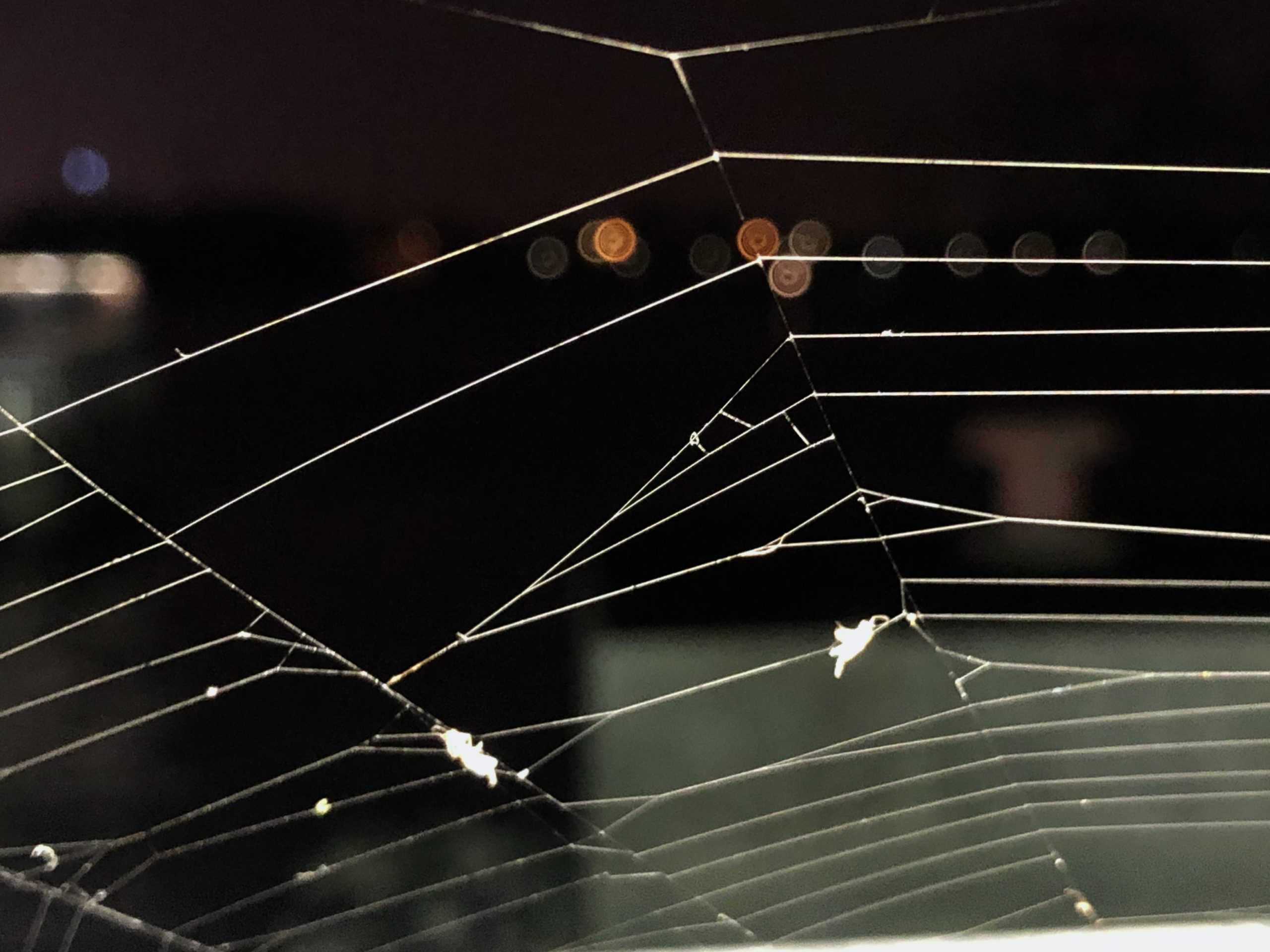
Social Policies During the Pandemic: the Western Approach
“Never in my whole life would I have imagined that I could experience something like this one day”, my flatmate said to me during a chilly morning at the end of March, on what was on one of the first days of lockdown in London. I remember how relieved I felt when our Head Manager at work decided that all employees could work remotely. Remaining in the safety of my flat meant finally being able to go through my days free from the endless hand-washing and people’s scrutiny in shared spaces. My intense relief might seem an overreaction to some, but I am from Bergamo, the Northern Italian city notorious for being the epicentre of the European Covid-19 pandemic.
After the first few Covid-19 cases were confirmed in mid-February, the Italian government announced the lockdown of the whole country on 9th March. Bergamo, which quickly became the country’s worst hit city, was not immediately declared part of the so-called red zone. Alzano Lombardo, a town in Bergamo’s province, failed to separate the first Covid-19 patients from others in its hospital. Instead, relatives and other people in need were allowed to come and go without the hospital taking the necessary precautions. The local healthcare authorities were also responsible for the lack of prompt intervention into the administration of retirement homes. Patients and medical staff were not provided with the equipment needed to mitigate the spread of the virus, ultimately contributing to a huge death toll. In Bergamo, everybody knows someone who lost a loved one. It will be difficult for residents to forget the images of military trucks lined up on the city’s streets, to take the bodies of the deceased from Bergamo to nearby towns, a measure made necessary by the lack of space in cremation facilities in the city. My parents, who live there, would describe to me the deafening silence that surrounded them at the time, interrupted only by the bell tolling for the dead.

What happened in my home city greatly affected the way I have been approaching the lockdown in the United Kingdom. It made me question the society I live in. Before this pandemic, I used to work around 40 hours per week and dedicated an average of 10 more hours to my passion for journalism and photography. I would spend 50 hours each week working, my contribution to society. On a recent morning, while observing the neighbours’ garden – a luxury I cannot afford – from my window, I found myself wondering: what is this society contributing back to us and our personal well-being?
It is fair to say that this pandemic does not place us all in the same boat. Western societies are built on multiple social layers, with inequalities perpetuated through our backgrounds. Personal history and ethnicity, social class and gender identity significantly affect what tools (material or otherwise) a person has at their disposal to react to an emergency such as several weeks of lockdown. It is this specific area of social inequality and injustice that social policies should work to even out in a democratic country.
“They didn’t take it seriously early enough”, said Sally, a 66-year-old Musician who lives in London. Sally and her husband agree about the inadequacy of the response from the Boris Johnson’s government to the pandemic. They feel lucky to have a garden and plenty of outside space near their house, and for living in a small, friendly and supportive community. However, Sally was quick to point out that BAME (Black, Asian and Minority Ethnic) communities are being disproportionally affected by the virus, due to being over-represented in key frontline jobs and low-income households. Her husband Patrick, a 70-year-old painter, reflected on how the current Conservative government is likely to try to keep the status quo as much as possible. “For instance,” said Patrick, “[by implementing] a market-driven agenda with reduced social services. However, I’m hopeful [that] in the longer term we will get a socially responsible Labour government that will try to share the economic burdens resulting from both Covid-19 and Brexit more fairly.”

Isabella works in the hospitality industry Germany and is currently unemployed due to the pandemic. She explained the country’s effort to collaborate with the Robert Koch Institute (RKI), the German Federal Government Agency and Research Institute responsible for disease control and prevention. At the same time, the German government also called upon its citizens to act responsibly during the pandemic rather than forcing people into a compulsory lockdown. “The Social Protection System is the government’s response to the economic issues faced by the country’s population. The System helps by providing us with an income through a quick and simple application process.”
On the other side of the Atlantic, Ilaria, an Italian worker based in New York, shared with me her experience of the pandemic under Trump’s Presidency. After the first confirmed case of Covid-19 on 1st March, New York’s Governor Andrew Cuomo enacted the “PAUSE” program. “Bars, gyms, theatres and large venues were closed on 16th March. Governor Cuomo was hesitant to close schools as more than 1.5 million children attend public schools in NYC alone. 75% of them are from low income households and rely on free school meals; not to mention the children of the large homeless population that rely on schools for counselling and/or first aid”. The pre-existing lack of protection for workers’ rights and the large unemployment exacerbated by the state-wide lockdown will affect lives in the country for years to come. In addition, Ilaria pointed out that social isolation has been a new challenge for many. This is especially true for urban environments, where close cohabitation as well as social relationships have been significantly impacted by the virus.

Ilaria hopes that abolishing unjust immigration laws and establishing a nationalised healthcare system will be taken into consideration as ways of helping US citizens and residents in times of both crisis and stability. On the other hand – and on the other side of the globe – Lucia’s move in October 2019 to New Zealand (NZ) was made straightforward by the ease with which she obtained a Working Holidays Visa. NZ’s government’s reaction to the pandemic was immediate. The day the country confirmed 102 cases, Prime Minister Jacinda Ardern closed its borders, announcing the lockdown a week later. “With a population of 5 million people (and almost 30 million sheep)” said Lucia, “NZ is a small and very isolated country. This surely helped the fight against the virus. However, I think it’s also relevant that this is a pretty safe and quiet place that doesn’t face many big emergencies. As a consequence, they had to get well organized in order to face a pandemic”. Thanks to a zero-tolerance policy, NZ achieved zero cases after five weeks of lockdown, during which only essential activities such as hospitals, pharmacies and banks were allowed to remain open for business. Afterward, NZ’s citizens who had been trapped abroad had the opportunity to return home. Lucia thinks that NZ’s government needs now to invest in a long-term project of protection of its natural habitat, by building houses that can last longer than fifty years (which isn’t the case for many current residential buildings), using more thermal insulation materials and encouraging the use of public transport as opposed to private cars, which are currently the main means of travel in the country.
Cover Image and Photos by Yue Hu. Shanghai, May 2020. All Rights Reserved.
2020, Bergamo, Coronavirus, COVID-19, Germany, italy, Jacinda Ardern, london, new york, New Zealand, Pandemic, PAUSE, Social Policy, Welfare